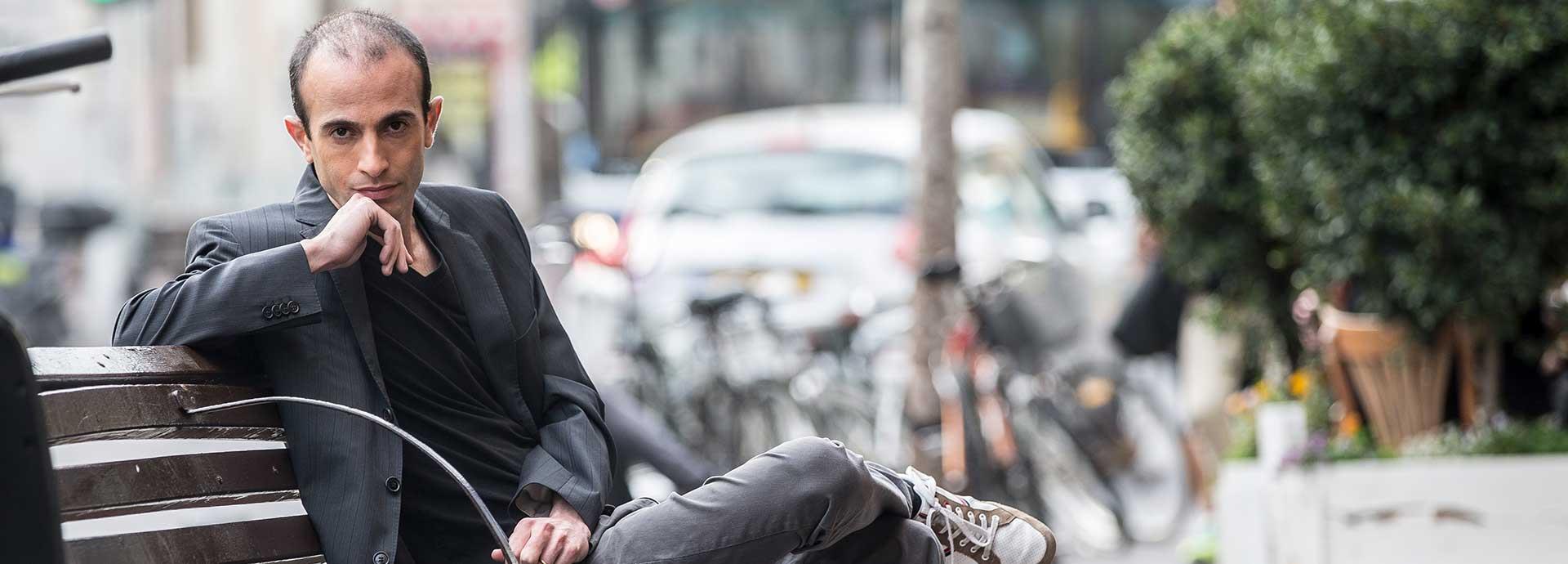

How will artificial intelligence (AI) impact society?
We, humans, might gradually merge with our smart machines. We have already taken the first steps on this path. People are already merging with their smartphones and their Facebook accounts. In the coming decades, we are likely to proceed much faster along this path, by developing machine learning, biometric sensors and direct brain-computer interfaces. In 2050, it is likely that your smartphone will not be separate from you at all. It will be embedded in your body via biometric sensors, and it will monitor your heart rate, your blood pressure and your brain activity 24 hours a day. It will also have the computing power necessary to analyse the endless stream of biometric data coming from these sensors, and it will therefore know your desires, likes and dislikes even better than you. I think that by 2100, humans and machines might merge so completely, that humans will not be able to survive at all if they are disconnected from the network. Whether this is good or bad, is a different question. The dangers are as great as the opportunities.
What is the biggest risk with AI?
AI can help us make better social connections, for example, by linking us with potential friends. People don’t always choose their friends or even spouses wisely. Imagine an AI that knows the personality type, DNA, history, hobbies and quirks of every kid in school, every student in college, and every bachelor in town, and can hook you up with an ideal match either for friendship or romance. The downside is that such an AI may also cause our own social skills to atrophy. After going on a date, I could just ask the AI to tell me exactly what the other person thought about me; and when hiring a new employee, I could just leave it to the AI to evaluate the applicants. Emotional intelligence is like a muscle – if you don’t use it, you lose it. If we increasingly rely on AI for our social relations, we will lose our emotional intelligence.
In the world of tomorrow, will there still be room for human interaction?
Humans are social animals, and that is not going to change anytime soon. For hundreds of thousands of years, humans have adapted to living in small intimate communities numbering no more than a few dozen people. Consequently, even today our well-being depends to a large extent on being members of small intimate social networks. Without them, we will feel lonely and alienated even if we are part of a huge nation and have thousands of Facebook friends. Unfortunately, over the last century such intimate communities have been unravelling, and in the coming century they might break down completely. Preserving such intimate communities should be a top human priority.
In both your books; Sapiens and Homo Deus, you argue that our future holds huge risks but that we can still do something to mitigate these. What can and should we do?
We need to construct truly global identities and loyalties. All our major problems are global in nature: global warming, global inequality, and the rise of disruptive technologies such as artificial intelligence and bioengineering. In order to face these challenges successfully, we need global cooperation. For example, no nation can regulate bioengineering single-handedly. Similarly, no nation can stop global warming by itself.
We also need to protect our local communities. Without strong local communities, humans will feel lonely and alienated. Global identities can work only if they leave room and give support to local communities.
What can you do on an individual level?
On an even more intimate level, we need to keep in touch with our bodies. During the last century technology has been distancing us from our bodies. We have lost the ability to pay attention to what we smell, touch and taste, and instead we get absorbed in our smartphones and computers. We are far more interested in what is happening in cyberspace or on the other side of the world than in what is happening right here, right now. Before we use bioengineering to upgrade our bodies, we first need to get back in touch with them.
I would recommend to every reader to disconnect from the technological network for at least a few hours every week, and just come to know the immediate reality of your own mind and body. I personally dedicate two hours every day to meditation, and every year take a long meditation retreat for a month or two. At least for 2 hours a day I actually observe reality as it is, while for the other 22 hours I get overwhelmed by emails and tweets and funny cat videos.
Note: Homo Deus is a sequel to Yuval Harari’s acclaimed bestseller Sapiens – a history of humankind. Harari is a professor of history at the Hebrew University in Jerusalem.